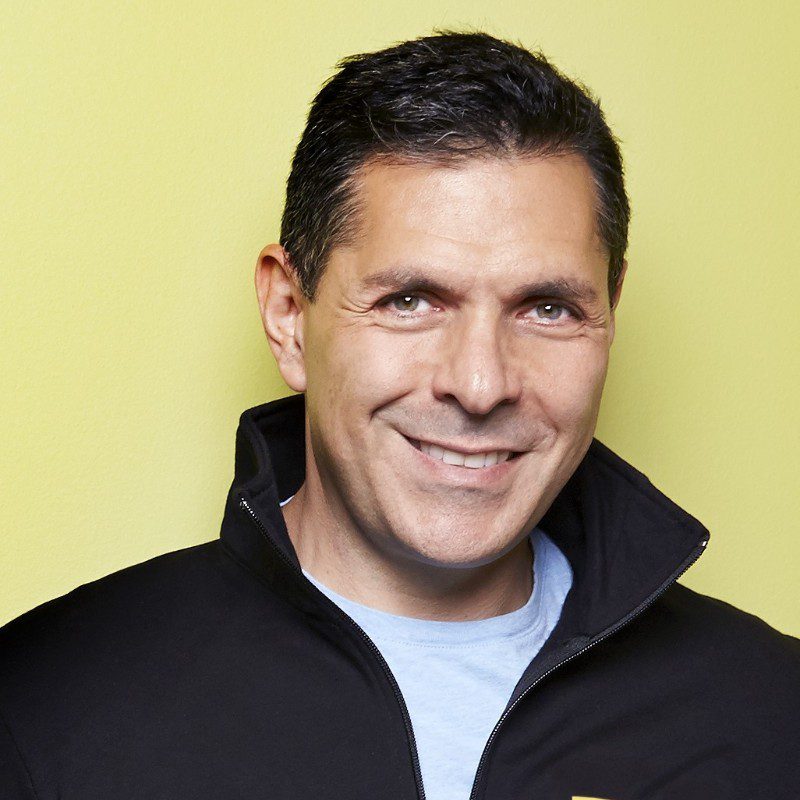In the fast-paced world of modern technology and life, it’s easy to forget the impact simple acts of kindness can have on our well-being.
As we navigate through the complexities of our lives and world, it’s essential to pause and recognize the profound influence of kindness, not only on our emotional health but also on our physical well-being.
Daniel Lubetzky, the visionary founder of Kind Snacks, embarked on his journey in 2004 on a shoestring budget. Yet his insight into kindness is profound:
“Nice doesn’t require much. You can be passive and be nice. But kind requires the strength of being earnest.” This perspective underscores the active and intentional nature of kindness—a force that extends beyond mere politeness.
At the heart of kindness is effective communication, as Lubetzky emphasizes, “Communication and feelings conveyed ‘constructively’ are critically important.” Integrating this wisdom into our daily interactions fosters an environment of understanding and support, both vital components in the healing process.

Johns Hopkins University, a beacon of medical excellence, highlights the importance interconnectedness of kindness and well-being. Research from Johns Hopkins reveals that acts of kindness stimulate the production of serotonin, the neurotransmitter responsible for feelings of happiness and well-being. A simple smile, a genuine expression of care, can trigger a positive physiological response, contributing to an improved overall health outlook.
Harvard Medical School reinforces the idea that being honest with ourselves is integral to both mental and physical health. Kindness starts from within, and when we acknowledge our own needs and emotions, we create a foundation for compassionate interactions with others. As we strive for optimal health outcomes, the power of self-compassion should never be underestimated.
The Cleveland Clinic, renowned for its patient-centric approach, emphasizes the significance of feeling safe in healthcare settings. Acts of kindness, from a reassuring touch to a warm smile, contribute to a sense of safety that is essential for healing. Patients who feel emotionally supported often experience reduced stress levels, positively influencing their recovery process.
Stanford Medical Center, a pioneer in medical research, recognizes the impact of surrounding ourselves with great people. Just as Lubetzky advocates for constructive communication, the importance of a supportive social network cannot be overstated. Kindness within our professional and personal circles becomes a potent force, influencing not only our emotional state but also our resilience in the face of medical challenges.
Northwestern Medical Center underscores the value of integrity in all our actions. Kindness is not just a superficial gesture; it’s a reflection of our commitment to ethical and compassionate care. Integrating integrity into our medical practices ensures that kindness becomes an inherent aspect of our interactions, creating a culture of empathy that resonates with patients.
Research at the University of Utah Medical Center found that as we extend kindness to others, we, too, reap the benefits. Acts of kindness trigger the release of oxytocin, the “love hormone,” fostering a sense of connection and well-being in both the giver and receiver.
UCLA Medical Center, known for its cutting-edge healthcare solutions, acknowledges the therapeutic impact of a genuine smile. Research from UCLA suggests that smiling releases endorphins, the body’s natural feel-good chemicals. A smile, whether shared by a healthcare professional or received from a fellow patient, becomes a simple yet powerful tool in promoting healing and resilience.
The Mayo Clinic, synonymous with patient-focused care, advocates for the holistic approach that kindness embodies. Integrating kindness into medical practice goes beyond the clinical aspects—it extends to acknowledging the humanity in each patient, fostering trust, and creating an environment conducive to healing.
The transformative power of kindness is not merely a philosophical concept but a real and powerful force that can positively influence our well-being. We hope your holidays were great and that you will embrace the benefits of sharing a Kind Smile.
Have a great week,
Dr. Tyler Williams
P.S. We hope you have a great start to your year, and continue to share your great smiles with us, as well as your friends and family!

